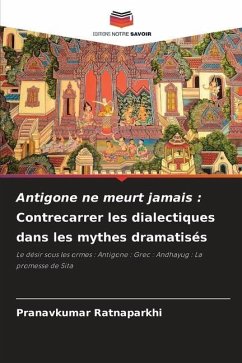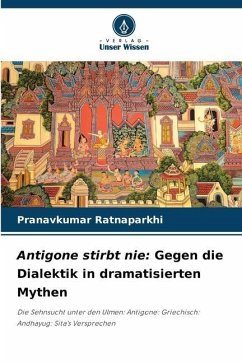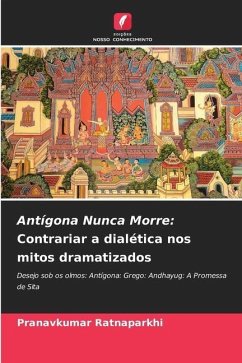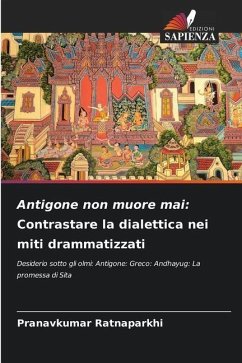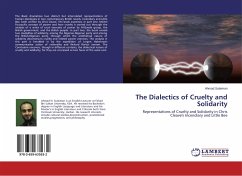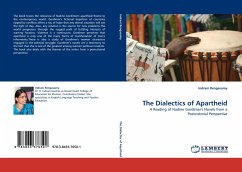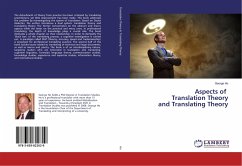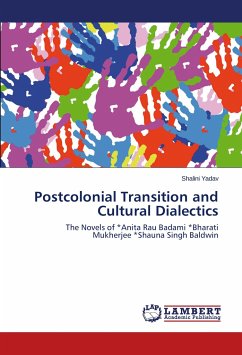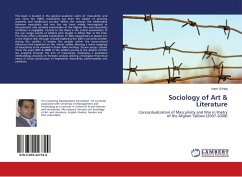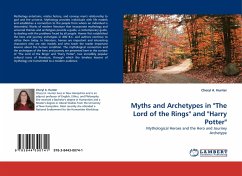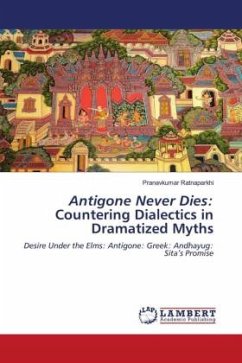
Antigone Never Dies: Countering Dialectics in Dramatized Myths
Desire Under the Elms: Antigone: Greek: Andhayug: Sita's Promise
Versandkostenfrei!
Versandfertig in 6-10 Tagen
45,99 €
inkl. MwSt.

PAYBACK Punkte
23 °P sammeln!
Myths are those stories that have kept alluring human mind and heart for centuries. Modern writers have also suffered from this infection. What could be the reason for such affinity? After a survey, it can be observed that seeming simply stories conceal not only philosophical or literary values but conflictual engagement with culture. They preserve in them an unimaginable variety of clashes among cultural elements. Dialectical elements in myths help to gather the discursive formation of culture, where dominant ideologies, prevalent positions, and accepted/established norms are displaced and su...
Myths are those stories that have kept alluring human mind and heart for centuries. Modern writers have also suffered from this infection. What could be the reason for such affinity? After a survey, it can be observed that seeming simply stories conceal not only philosophical or literary values but conflictual engagement with culture. They preserve in them an unimaginable variety of clashes among cultural elements. Dialectical elements in myths help to gather the discursive formation of culture, where dominant ideologies, prevalent positions, and accepted/established norms are displaced and subverted. Myths are therefore a fertile ground to record and develop cultural transitions and dynamism. The present volume has taken the analysis from this point of view, in relation to Eugene O'Neill's Desire Under the Elms (1924), Bertolt Brecht's Antigone (1942), Dharmavir Bharati's Andhayug (1953), Steven Berkoff's Greek (1980) and Uma Parameswaran's Sita's Promise (1981). The ultimate exploration goes into fathoming the process of how the dramatized myths turn into a complex discursive structure, unfolding clashing cultural elements and finally resulting in a complex dialectics.



